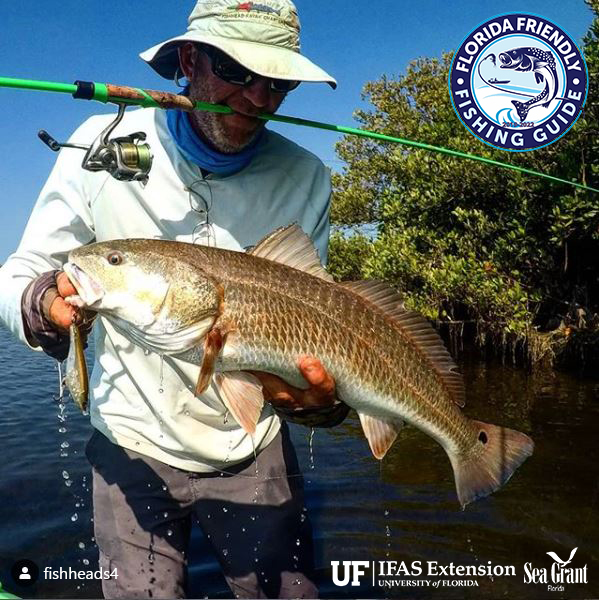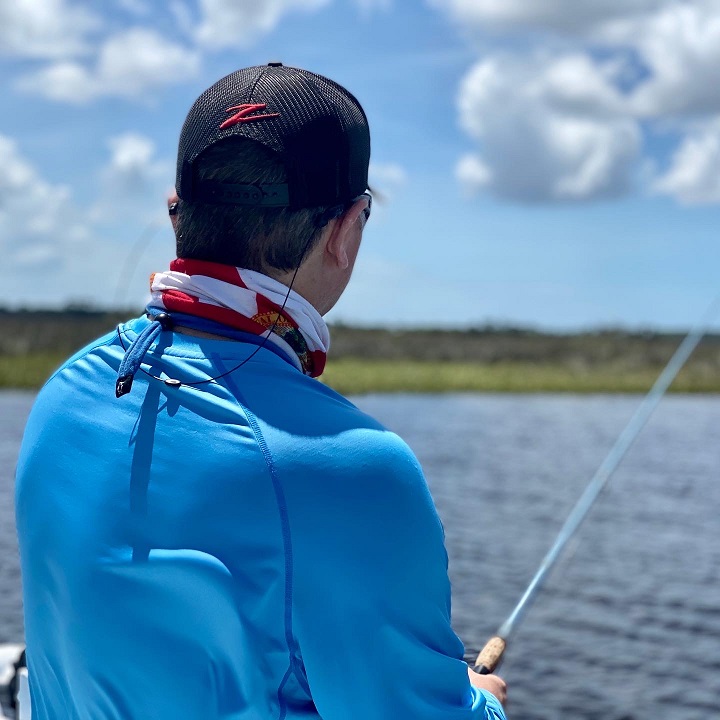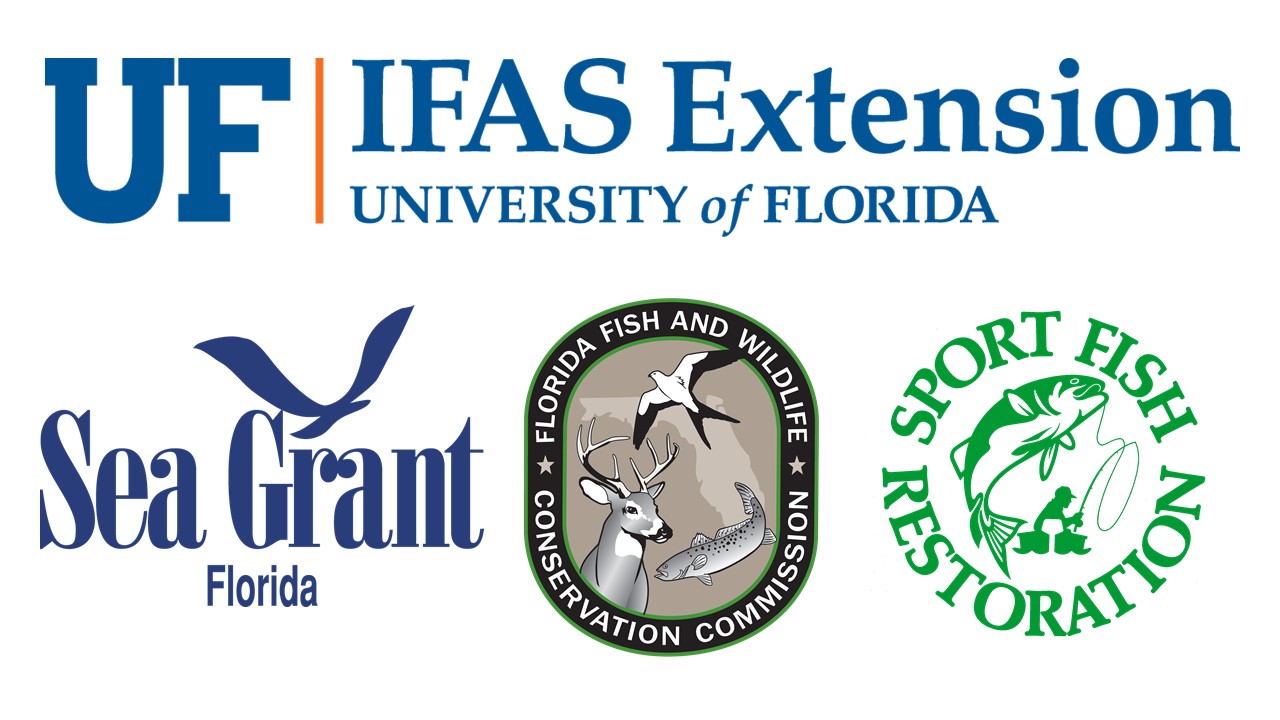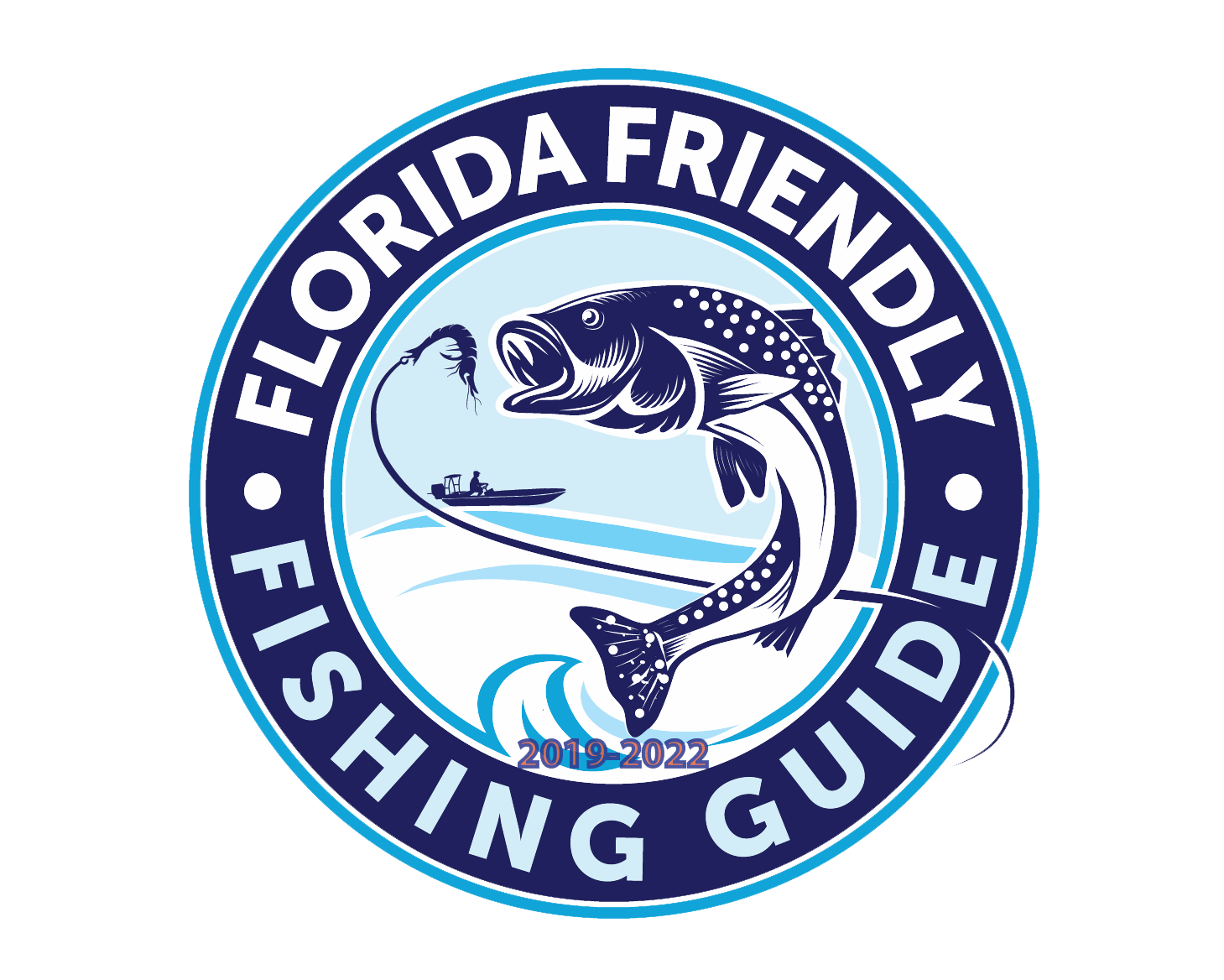
Fishing with guides
Fishing is a great pastime and Florida is a great place to do it! Each year, millions of anglers visit the state’s waters to take part in the fun. Recreational fishing is a major part of our tourism economy. Generally, fresh fish from local waters is one of the most sustainable and healthy protein sources you can find. But, if you are like me, then you probably don’t get out on the water enough. And, let’s be honest, its tough to keep up with the latest fishing reports and conditions (much less your boat maintenance schedule). What to do?

I live in Cedar Key and have tons of friends with boats. But I still like to take a guided fishing trip every so often. It’s a great way to learn more about local waters and most fishing guides have great personalities, making for a fun and entertaining day on the water. So, if you are lucky enough to have a day off that you can spend on a guided fishing trip, what are some things you can consider when picking a guide?
Most fishing guides have social media pages where you can go to view pictures of recent trips and read reviews from other clients. Also, depending on what kind of fish you want to catch, you might want to pick a guide based on their specialty. There are guides with all kinds of specialties (e.g., snook, sharks, grouper, snapper, tarpon). Many guides routinely target standard inshore fish like spotted seatrout and redfish. You may also want to choose carefully what time of year to fish based on what tends to bite at certain times. Most guides will let you know the best time of year to fish for your species of interest. Just give them a call and ask.
Ethical Fishing is Trending
Any guide worth their mettle will be able to put clients on the fish more often than not. But there are other important things to consider. For example, how a guide treats fishery resources and the coastal environment is an increasingly important factor for many anglers. With millions of anglers and thousands of fishing guides statewide, it is important to consider the potential unintended  consequences of fishing. For example, poor fish handling practices can lead to unnecessary death of fish that are released. Luckily, there are many best practices that anglers and guides alike can apply to reduce impacts like these and help ensure the sustainability of Florida’s fisheries.
consequences of fishing. For example, poor fish handling practices can lead to unnecessary death of fish that are released. Luckily, there are many best practices that anglers and guides alike can apply to reduce impacts like these and help ensure the sustainability of Florida’s fisheries.
But how can you know in advance which guides are committed to a sustainable fishing ethic? Well, you could simply ask or perhaps you can tell based on the photos and posts on social media. But one great way to make sure you are fishing with a guide who values the fishery resource as much as a fun day on the water is to select a guide from the growing list of captains who have taken the Florida Friendly Fishing Guide certification course.

The Florida Friendly Fishing Guide (FFFG) certification program was created in 2019 by UF/IFAS Extension, Florida Sea Grant, and the Florida Fish and Wildlife Conservation Commission. The program contains a series of educational modules on a wide variety of topics. Guides who move through the material and meet the basic licensing requirements gain a certification. The FFFG seal outwardly communicates their commitment to best fishing practices. Because guides are also great teachers and role models for other anglers, the idea is that these fishing best practices will become standard practice over time.
So, go ahead, give a Florida Friendly guide a call and get ready for a great day on the water!


 0
0
